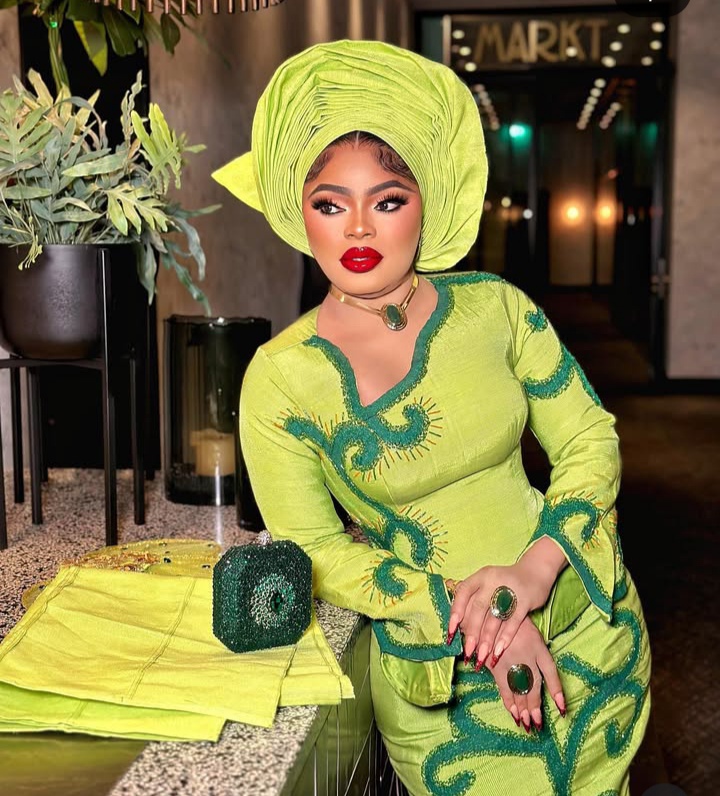
When Josh Olaoluwa tells his story, you quickly realise he isn’t simply producing films, he’s producing moments, movements, and possibilities.
At just under a decade into his career, Olaoluwa has gone from being a film student to standing on the red carpets of Venice and preparing for screenings at the BFI London Film Festival. His trajectory is a testament to what happens when risk meets vision.
The journey
Olaoluwa has revealed that he has learnt a lot on his journey to being a global filmmaker. Those lessons became the scaffolding for his leap into Nollywood in 2018.
But breaking into film wasn’t easy. “It was hard to get people to trust you with money,” he recalls. “So I picked up cinematography. If they wouldn’t trust me to produce, at least I could stay in the ecosystem.”
That adaptability paid off. He cut his teeth as a second camera operator and even shot behind-the-scenes footage for King of Boys: The Return of the King, which later landed on Netflix.
By 2019, he was studying cinematography at Del-York, where his short film took home the school’s best short film award. Soon, everyone wanted Josh to shoot their films.
ALSO READ: 10 filmmaking red flags every beginner should run from
The risk that changed everything
Just as his career began to gain momentum in Nigeria, offers were pouring in, and even one of his idols wanted him on their next project, Josh took what seemed like a step backwards. He accepted a fellowship in Los Angeles, one that wasn’t even paid. ,
“I had to spend ten months in the U.S. with no income,” he says. “I couldn’t work in Nigeria while I was away. I used all my savings. It was scary leaving that momentum behind.”
But the gamble paid off. The fellowship connected him with editors, cinematographers, and executives who would become collaborators on his future projects, including the much-discussed One Woman One Bra. “When you take a risk and grow, you meet people you can actually grow with,” he reflects.
ALSO READ: Yes, deaf people watch movies – Here’s how they do it
One Woman One Bra: A Bold Co-Production
Fast-forward to 2024, and Olaoluwa found himself producing One Woman One Bra, the feature directorial debut of Kenyan filmmaker Vincho Nchogu.
The film is as ambitious as its title is unmissable. Shot entirely in Loita, Kenya, in the Maasai language, the project tested every bit of Olaoluwa’s resourcefulness.
He relocated to Kenya for three months, hired a crew he had never worked with before, and navigated a currency and culture that were new to him.
Editing happened in New York, colour grading in Los Angeles, and sound design in Venezuela. “At one point, I thought, what exactly is going on here?” he laughs. “But it worked. The film became a true global collaboration.”
The result? A film that not only earned its world premiere at the prestigious Venice International Film Festival but is also in competition at the BFI London Film Festival for the coveted Sutherland Award for Best First Feature. It opens theatrically in Nairobi this September.
ALSO READ: Not Every Stunt is a Record: What Guinness will (and won’t) approve
Redefining African narratives
For Olaoluwa, global recognition isn’t about novelty; it’s about normalising African cinema on the world stage. “I want us to get to the point where it’s expected,” he says. “Where people see a Nigerian or Kenyan film at Venice or Sundance, and it’s just normal.”
He’s also deeply conscious of resisting the “poverty porn” lens often expected of African filmmakers.
Instead, his company, Conceptified Media, tells stories that reflect the realities of Nigeria’s young, urban population, characters navigating Lagos traffic, grappling with migration, or simply figuring out adulthood.
READ TOO: ‘A Second Wife Is Not a Queen’: Rita Edochie blows out
The signature of excellence
If there’s one thing Olaoluwa insists on, it’s excellence. “When people see my name on a project, they should know it won’t be mediocre,” he says. “Even if I look back at my earliest work, I don’t cringe. I just think, how could we have done this better? That’s always my mindset.”
It’s a mindset that has carried him from Lagos to Los Angeles, from fellowships in South Africa to festivals in Europe, from learning the ropes at Red Sea Lab to producing one of the most talked-about African films of the year.
READ THIS: Why Temi Otedola’s choices shouldn’t be a standard for all women
What’s next for Josh?
After Venice and London, Olaoluwa isn’t slowing down. His slate includes stories about migration, Nigerian dreams abroad, and youthful protagonists finding their way.
And as for what he wants audiences to take away from One Woman One Bra? “That there are no rules,” he says. “You don’t need permission to tell your story. You just need courage.”
If his own journey is anything to go by, courage and a refusal to settle for mediocrity might just be the new standard for Nigerian cinema.
RECOMMENDED: Nollywood’s YouTube Casting Debate: Why popular faces still matter





